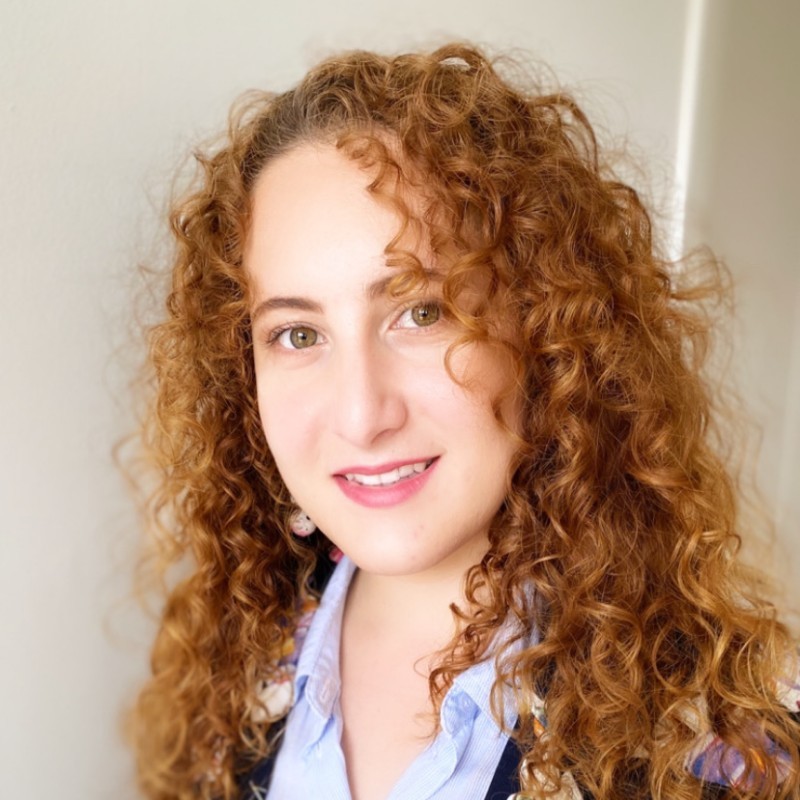
Ashley Miranda Negron is a returned Peace Corps volunteer, currently working with FEMA as a Training Specialist. She obtained her Bachelor’s at the University of Puerto Rico Aguadilla and her Master of Arts in English Education here at our department in Mayagüez.
My journey in academia started at the University of Puerto Rico Aguadilla, where I acquired my bachelor’s in Teaching English at the Elementary Level with Multimedia and Technology. Then I continued my studies at Mayaguez in the Master of Arts in English Education Program (MAEE). I think what really attracted me to the MAEE program was the fact that you could get hands-on experience and teach! That is my passion, I enjoy teaching. I wanted to go into a program where I would be able to do that, and then use that experience as kind of like a steppingstone into my career and really figure out, who I am as an educator, as a teacher. The program granted me that space to create in the classroom, experience that by myself, and become the teacher that I wanted to be.
In the aftermath of Hurricane Maria, I was still completing the MAEE program. I had finished all my courses, writing my thesis was the only thing I had left. That was extremely challenging due to the fact that there was no electricity, no internet, and well, no anything! I remember going back to campus when things started to get a little bit back to normal. My thesis chair, Dr. Mazak, found out about this opportunity to go to Indiana State University (ISU) in Bloomington. The university would cover the students’ stay for two months, provide a mentor and a stipend, so that the students could use the resources to write their thesis.
I applied and I was selected! So, I went to Indiana and finished my thesis titled, Translanguaging Using Sign Language in the Basic English 3101 Classroom. Within the study translanguaging aimed to not only enhance understanding, but to fill a gap and create a space where strategic language choices are made to improve teacher-student communication.
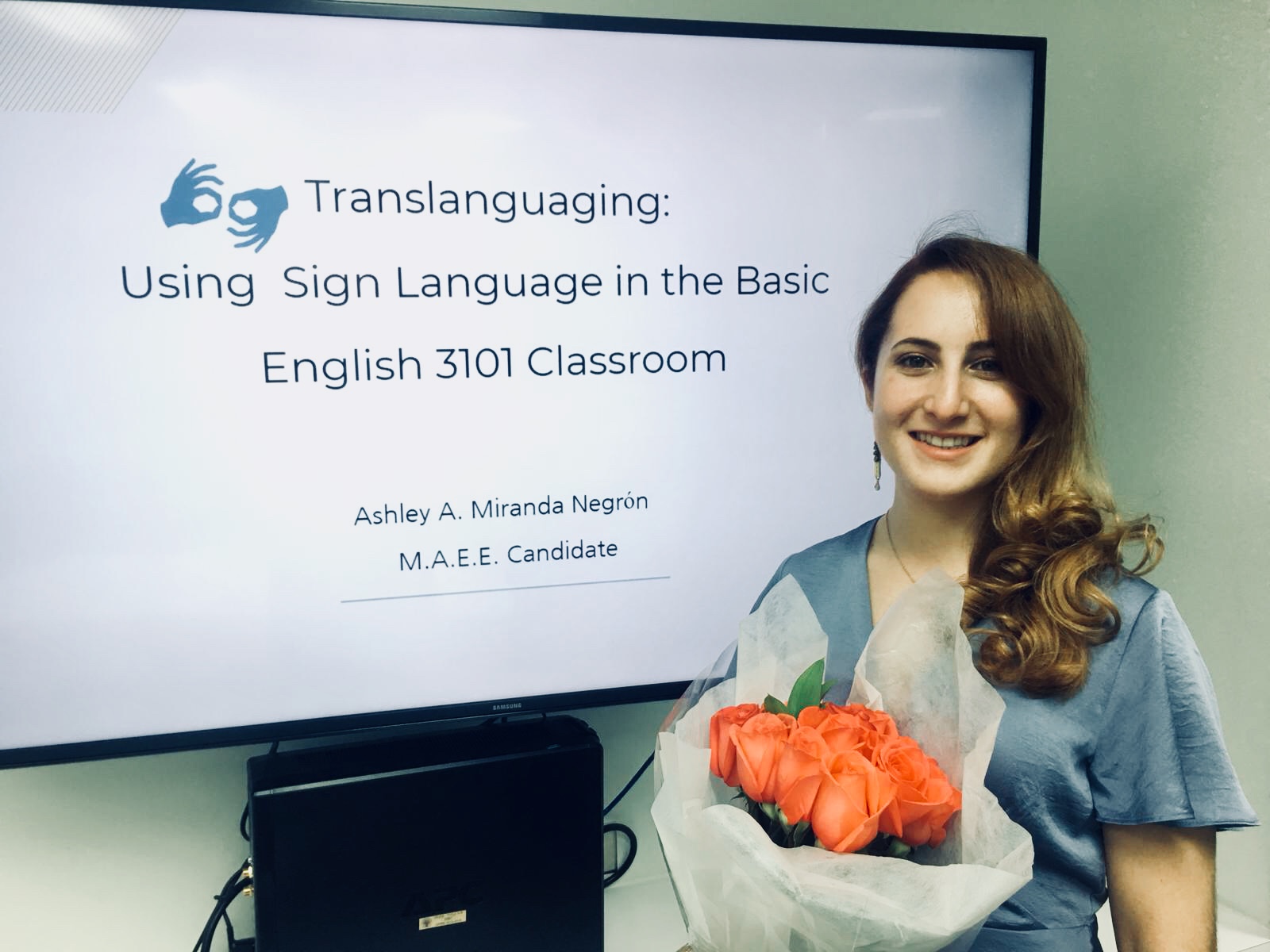
“Translanguaging is a pedagogical stance that teachers and students take on that allows them to draw on all of their linguistic and semiotic resources as they teach and learn both language and content material in classrooms” (Mazak 2017).
My time at ISU was an incredibly rewarding experience, I got to connect with so many different educators. Not only that but the facilities were beautiful, and they had so many resources that, unfortunately, we don’t have in Puerto Rico. This opened the door to new possibilities, new connections, and new experiences. I am extremely grateful for the faculty that have facilitated my growth within higher education and pushed me to strive for more.
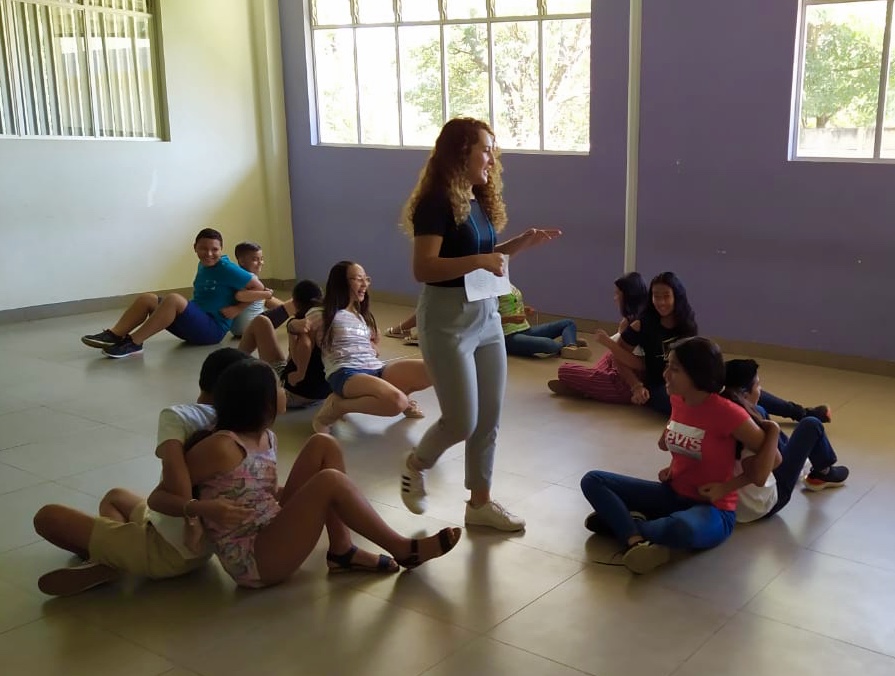
When I graduated from the MAEE program in 2018, I decided that I wanted to teach English somewhere else in the world. For this reason, I joined the Peace Corps as an English Education Volunteer and taught English in a rural community in Costa Rica. It was a unique experience. You are completely immersed in another culture, living with host country nationals, and learning constantly about the teaching culture. In this experience you also learn about the different challenges that students and teachers face. You’re, essentially, learning about everything since it’s completely different than the teaching dynamics in Puerto Rico because of our relationship with the US and our own unique difficulties here.
My volunteer experience with Peace Corps was a two-year long commitment. However, I was there for about a year and seven, eight months, because I got evacuated from Costa Rica when COVID-19 hit. So I went back to Puerto Rico, stayed there for a little bit, and then I got a job with FEMA at Washington DC as a Training Specialist.
I think being a teacher equips you to basically work anywhere you want, because being a teacher is one of the most difficult jobs. You have to coordinate material, grade classwork, be active in the classroom, etc. You just develop so many skills being a teacher that can easily transfer over to really any job. At least the MAEE, I feel really prepared me for this job in the sense that when I was teaching my sections, they were hybrid sections, and I would use Canvas as a learning management system. Having that theory background but also being able to incorporate an external program and practice using it efficiently really prepared me for what I’m doing today. The day of my interview with FEMA, I could draw back to where I was being an administrator to the learning management system and creating content there and managing it. Or the other way around, being a user and having that experience as well.
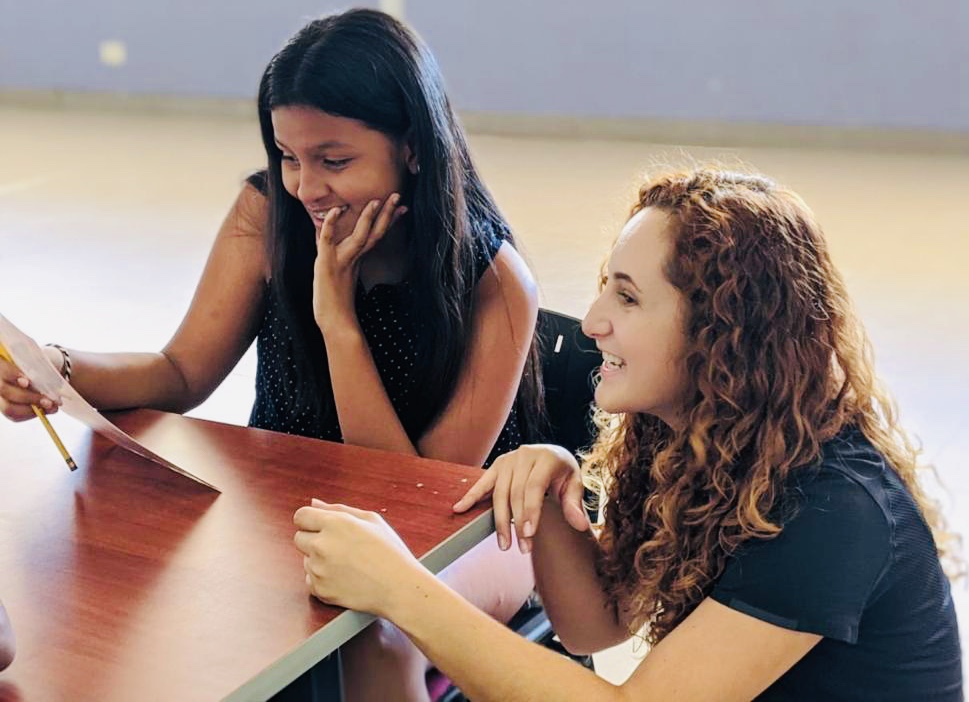
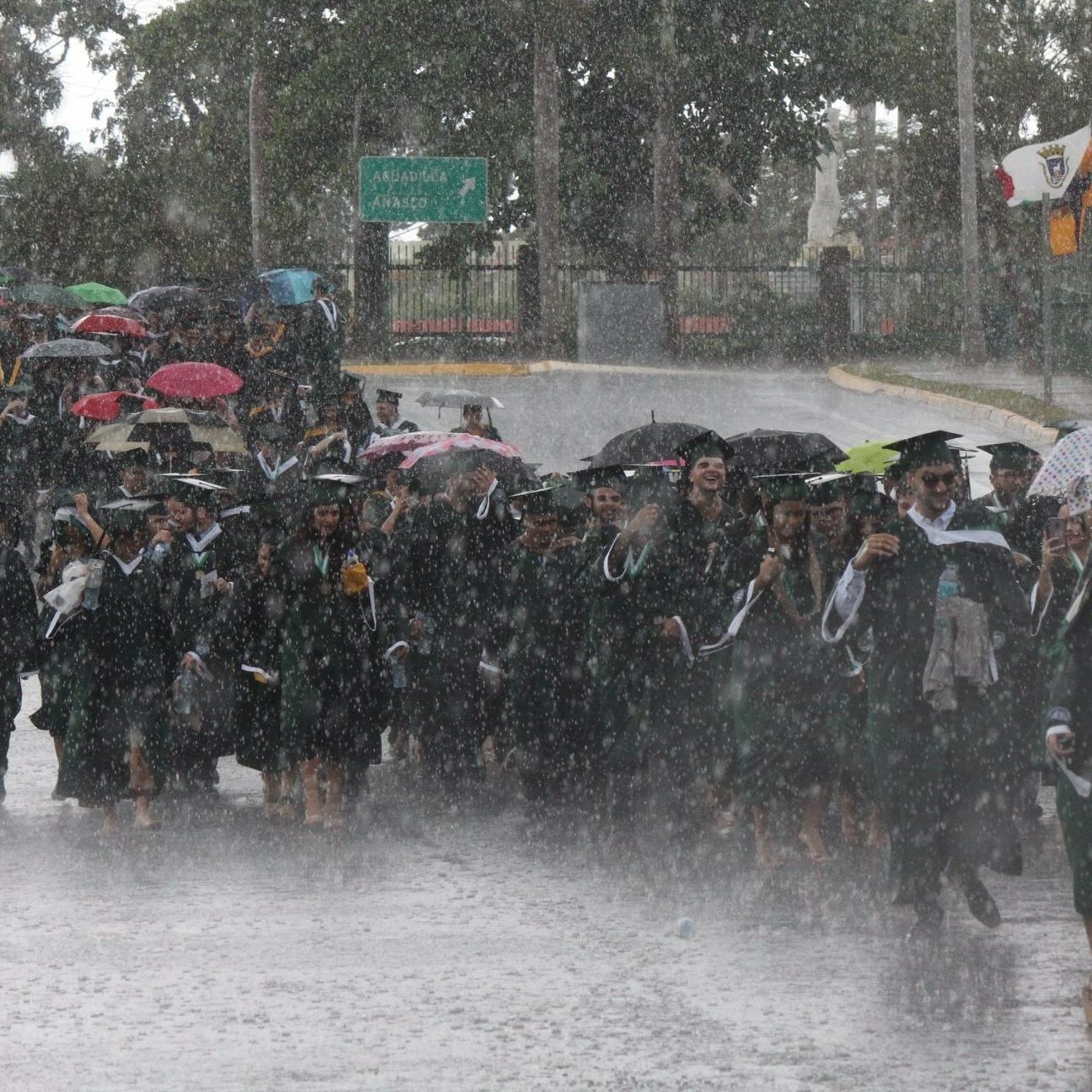
All in all, I think being a student at UPRM makes you so much more resilient. It also makes you so much more creative because opportunities are not handed to you on a silver platter. For example, if you want to incorporate a research study for your thesis, how would you do that if you don’t have access to it right now? It might be very challenging in the moment, and it might not be something that you wish to go through, but I think it builds a lot of character, and it speaks volumes if you’re able to accomplish a lot with much less. I think it also allows you build a community within campus, because faculty and the student body alike have all these shared challenges. You need to rely on different people, whether they are classmates, professors, or the Department Director, you need to ask for help and make connections with your peers. That will take you a long way.
